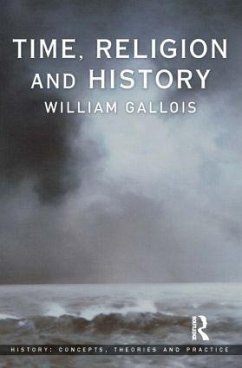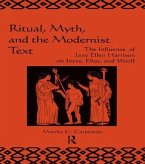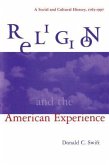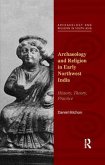Time Religion and History William Gallois "Gallois' journey through religious conceptions of time is breathtakingly ambitious and crystal clear in its line of argumentation. Specialist and generalist readers alike will find themselves questioned, stimulated and, on occasion, productively infuriated." Dr Markus Daeschel, Edinburgh University Time. In the modern world we feel that our very being is dominated by it, from the smallest of decisions, such as when we eat lunch, to the great events of our lives. And yet we fail to question time, its significance and complexity. We fall back on the assumption that time is natural and unchanging; in short that it just 'is'. This blindness is especially marked in history; the very discipline which one would expect to offer conceptual and comparative studies of time. In this pioneering new study William Gallois answers those questions that will open our eyes to time. What is time? How does our sense of time lead us to approach the world? How did the peoples of the past view time? The book offers the first detailed comparative historical study of the centrality of time in human cultures. In setting out the ways in which ideas of time developed in Christianity, Judaism, Islam, Buddhism and the Australian Dreamtime, Gallois explores the manner in which such conceptions led people both to live in ways very different to our contemporary world and to make very different kinds of 'histories'. The book goes on to argue that modern scientific descriptions of time, such as Einstein's theory of relativity, lie much closer to the complex understandings of time in religions, such as Christianity, than they do to our 'common-sense' notions of time which are centred on progress through a past, present and future. In making such connections, Gallois shows us the beauty of the time-cultures of the past and explains how our sense of time lies at the very heart of being human. William Gallois is Senior Lecturer in Modern History at Roehampton University. He is also the author of "Zola: The History of Capitalism" (1999) and "The Administration of Sickness: Medicine and Ethics in Colonial Algeria" (2008).








